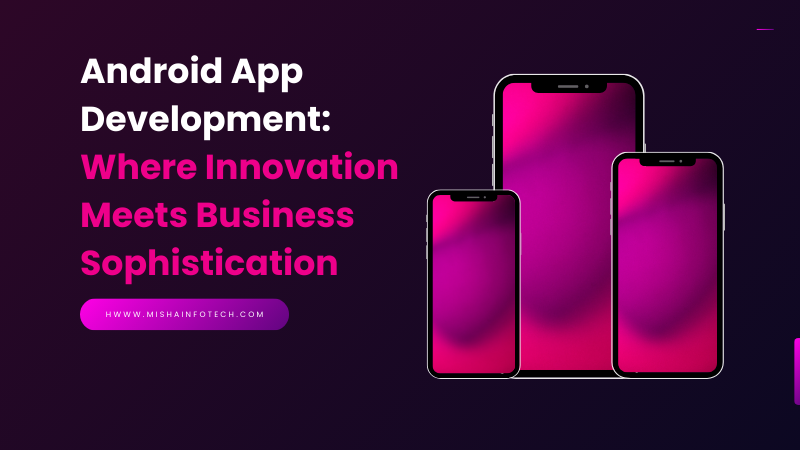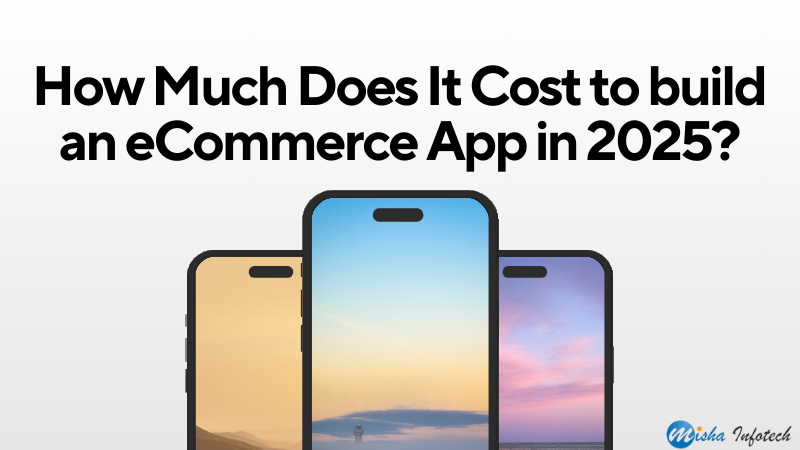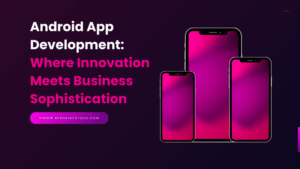Welcome, tech enthusiasts and entrepreneurs, to a journey through the hybrid app development landscape. In today’s digital age, where mobile applications reign supreme, businesses are constantly seeking innovative ways to efficiently engage their audiences across platforms. Enter hybrid app development services – a strategic blend of native and web technologies offering unparalleled versatility and reach. Join us as we delve into the realm of hybrid apps and explore the myriad benefits and considerations associated with harnessing their power for your next project.
Understanding Hybrid App Development:
Hybrid app development combines the best of both worlds – the performance and functionality of native apps with the flexibility and accessibility of web apps. These apps are built using web technologies such as HTML, CSS, and JavaScript, and then wrapped in a native container for deployment across multiple platforms. This approach enables developers to create cross-platform applications that run seamlessly on various devices and operating systems, reducing development time and costs while maximizing reach and scalability.
The Advantages of Hybrid Apps:
1- Cross-Platform Compatibility: With hybrid apps, developers can write code once and deploy it across multiple platforms, including iOS, Android, and even desktop environments, streamlining the development process and reaching a broader audience.
2- Cost-Effectiveness: By leveraging existing web development skills and frameworks, hybrid app development can significantly reduce development costs compared to building separate native apps for each platform.
3- Faster Time-to-Market: The ability to reuse code and resources across platforms allows for faster development cycles, enabling businesses to launch their apps quickly and stay ahead of the competition.
4- Access to Device Features: Hybrid apps can access device features such as camera, GPS, and push notifications through native plugins, providing a rich and interactive user experience similar to native apps.
5- Easy Maintenance and Updates: With a single codebase to manage, maintaining and updating hybrid apps is more straightforward and cost-effective than maintaining separate codebases for each platform.
Choosing the Right Hybrid App Development Services:
When selecting a hybrid app development service provider, consider the following factors to ensure a successful partnership:
1- Expertise and Experience: Look for a development team with extensive experience in hybrid app development, demonstrated by a portfolio of successful projects and satisfied clients.
2- Technological Proficiency: Ensure the development team is proficient in relevant web technologies and frameworks such as React Native, Ionic, or Flutter, as well as native development languages and tools for seamless integration and optimization.
3- Scalability and Support: Choose a service provider capable of scaling your project’s needs and providing ongoing support and maintenance to ensure the long-term success of your app.
Conclusion:
Hybrid app development services offer a compelling solution for businesses looking to harness the power of mobile applications while maximizing efficiency and reach. By combining the strengths of native and web technologies, hybrid apps provide a cost-effective, scalable, and versatile platform for engaging audiences across platforms and devices. Whether you’re a startup looking to launch your first app or an established enterprise seeking to expand your digital footprint, exploring hybrid app development services could be the key to unlocking new opportunities and driving success in the ever-evolving mobile landscape.














